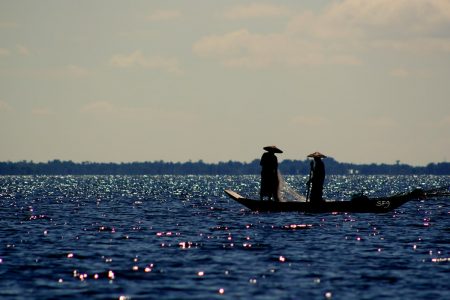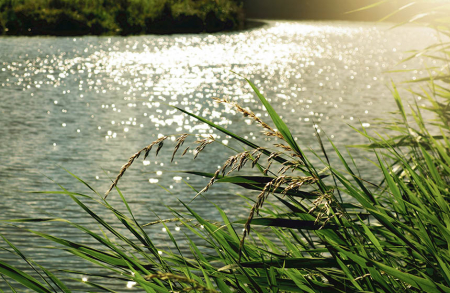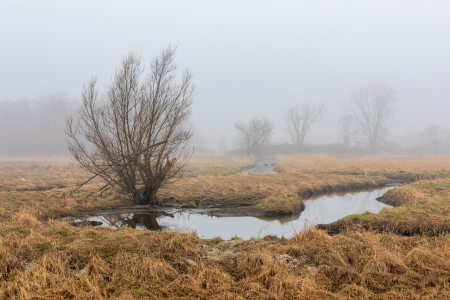Sustainable wetland management in Bangladesh

The Tanguar Haor wetland in Bangladesh provides a striking example of how decades of poor ecological management and violation of people’s rights can be turned around with dedicated collaborations of governments, NGOs and local people, but also highlights the challenges of creating community-centric ecological management that is sustainable in the long-term.
From the 1930s until 2000, the fisheries of Tanguar Haor were taken over by elites who over-exploited the fish populations and prevented local people from accessing the wetland’s resources. By 2001, the ecological state of the habitat was so poor that the national government stepped in and halted the harmful leasing by elites. A 10-year Community-based Sustainable Management project was initiated by the government in 2006, involving a people-centric system for sustainable management. This resulted in the livelihoods of many families improving, through fishing income and alternative income generating activities. Local biodiversity also improved, through for example fishing regulations and swamp forest restoration.
However, by the end of the 10-year programme challenges remained, and there was concern that once external funding was removed the state of the social-ecological system would relapse. Therefore, the national government invested its own funding for a ‘bridging phase’, with the aim of making the scheme sustainable in the long-term without government or international aid. Unfortunately, this grand aim was not achieved, although there was partial success, with sustainable fish harvesting from November 2019 to March 2020. Both the local community leaders and government feel that further government/NGO involvement in Tanguar Haor is justified in order to maintain the management of this ecosystem for the benefit of local people. However, it is clear that changes in how the scheme is run are needed to enable local people to manage the wetland sustainably without depending on external funding.




